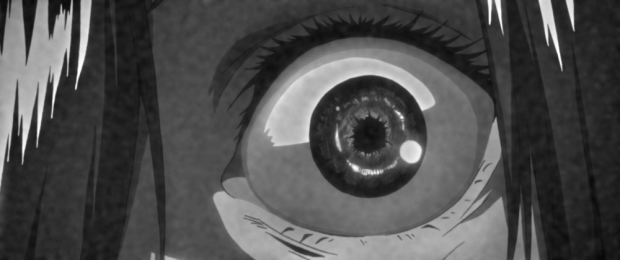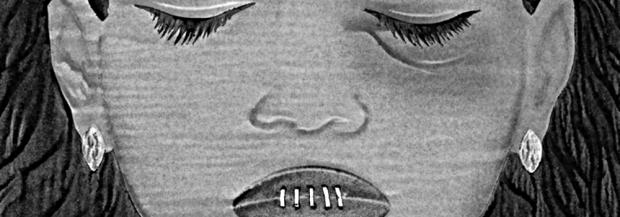#violenceagainstwomen | #WhatTheyVotedFor
“The latest excuse for assaulting women minimizes the violence so much we can contain it in just one short word: ‘it’.”
Quibbling over what passes for mastery is probably not helpful. To go down the line from Vox:
• Coaston, Jane. “The White House had to protect Rob Porter to save Donald Trump”. Vox. 9 February 2018.
For the White House, the politics are simple: Protect Trump. Because Trump himself is accused of assaulting dozens of women, they’ve had to lower the bar for male behavior so that even he can meet it. Any allegation of misconduct made against anyone close to Trump, then, must be dismissed as if it were being made against Trump himself.
• Kirby, Jen. “A second White House aide resigns over domestic abuse allegations”. Vox. 9 February 2018.
Another Trump administration official is resigning amid accusations of domestic abuse, just days after White House staff secretary Rob Porter stepped down after he faced similar allegations . . . [Speechwriter David] Sorensen denied the allegations to the Post, saying that he was the victim and that he resigned because he didn’t want the allegations to be a “distraction.” The Post was working on the story when he resigned.
• McGann, Laura. “Trump just taught a master class in manipulating language to excuse abuse”. Vox. 9 February 2018.
Trump’s attempt to help Porter on Friday shows he understands the root of #MeToo’s power. When victims speak, when they take action, when they force us to see, the power of predators fades away. The best Trump could do for Porter was to take away his victims’ humanity, their active descriptions, and replace it all with just one word: ‘it’.
• North, Anna. “Trump’s long history of employing — and defending — men accused of hurting women”. Vox. 9 February 2018.
At least five administration and campaign figures (including Trump himself) have been the subject of abuse allegations. Rather than treat such allegations with gravity, Trump and his team have chosen to ignore them, to fire back at the women on Twitter, or to parrot men’s assurances of their innocence over women’s reports . . . [Staff Secretary Rob] Porter resigned amid public pressure, but Trump’s response is a good reminder of the lesson he’s learned from escaping the reckoning sweeping much of the rest of the country — #MeToo does not apply to him. And given his tolerance for men accused of abuse inside his very inner circle, it’s clear he doesn’t think it applies to his closest associates, either. Trump’s team may lose men like Porter periodically, but the message the president sent on Friday was clear: to him, violence against women really doesn’t matter.
What a day. That is, of course they did, of course he did, of course he did, and of course he does. Nor is that all. (more…)









